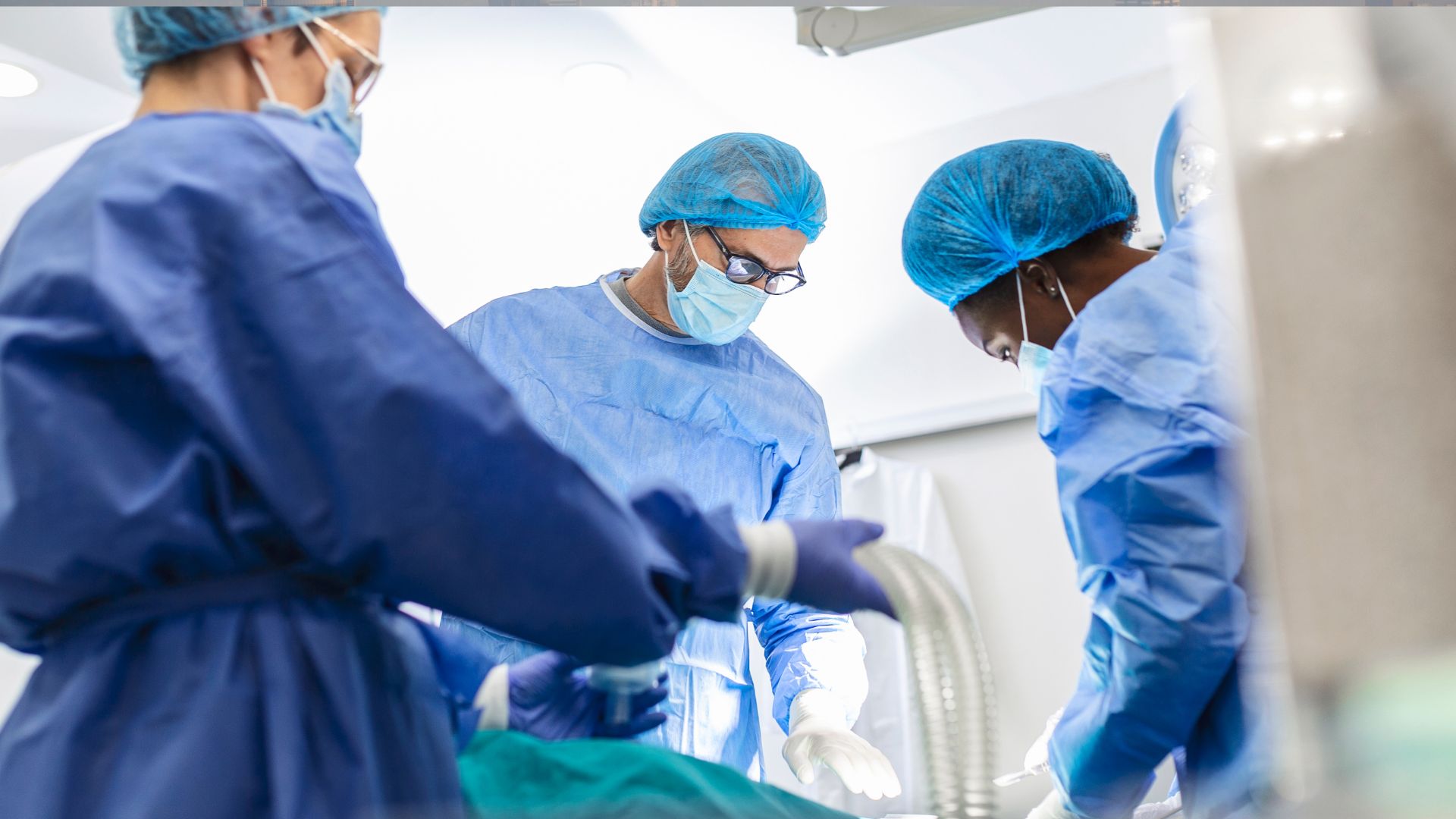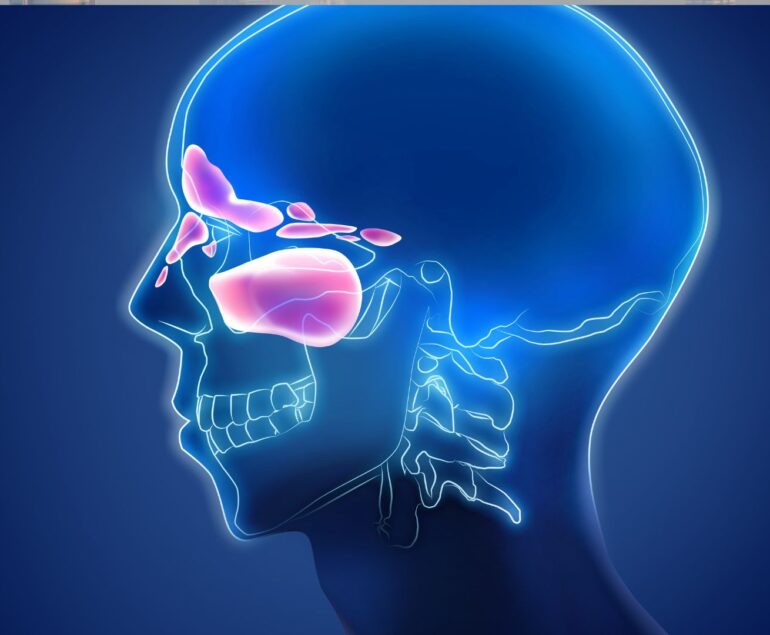Chronic Rhinosinusitis (CRS) is a common condition that affects millions of individuals worldwide, causing inflammation and swelling of the sinuses that persists for twelve weeks or longer. As an ENT Surgeon, it’s imperative to understand the various treatment options and lifestyle changes that can effectively manage this chronic condition.
Understanding Chronic Rhinosinusitis (CRS)
Definition and Symptoms
Chronic Rhinosinusitis is characterized by symptoms such as nasal congestion, facial pain or pressure, thick nasal discharge, and reduced sense of smell. These symptoms can significantly impact an individual’s quality of life, leading to discomfort and functional impairment.
Causes and Risk Factors
CRS can be caused by various factors, including infections, allergies, nasal polyps, and anatomical abnormalities. Certain risk factors such as smoking, immune system disorders, and environmental pollutants can exacerbate the condition.
Diagnosis of Chronic Rhinosinusitis
Diagnosing CRS involves a combination of physical examination, imaging tests like CT scans or MRIs, and nasal endoscopy to evaluate the nasal passages and sinuses thoroughly.
Treatment Options for Chronic Rhinosinusitis
Medications
Medications such as nasal corticosteroids, decongestants, antihistamines, and antibiotics may be prescribed to alleviate symptoms and reduce inflammation.
Surgery
In cases where medication fails to provide relief or if nasal polyps are present, surgical interventions like endoscopic sinus surgery may be recommended to improve sinus drainage and remove obstructions.
Immunotherapy
For individuals with CRS related to allergies, immunotherapy may be beneficial in desensitizing the immune system to specific allergens, thereby reducing symptoms and inflammation.
Lifestyle Changes to Manage Chronic Rhinosinusitis
Nasal Irrigation
Regular nasal irrigation using saline solutions can help clear mucus and irritants from the nasal passages, reducing congestion and promoting sinus drainage.
Humidification
Maintaining optimal humidity levels in indoor environments can prevent nasal dryness and irritation, thereby reducing the risk of sinus inflammation.
Allergen Avoidance
Identifying and avoiding allergens that trigger CRS symptoms can significantly reduce flare-ups and improve overall sinus health.
Managing Chronic Rhinosinusitis Flare-Ups
Identifying Triggers
Being aware of potential triggers such as pollen, dust, or certain foods can help individuals avoid exposure and minimize the likelihood of flare-ups.
Quick Relief Measures
Over-the-counter medications like nasal decongestants or pain relievers can provide temporary relief from CRS symptoms during flare-ups.
Preventing Chronic Rhinosinusitis Recurrence
Follow-Up Care
Regular follow-up appointments with healthcare providers are essential to monitor symptom progression, adjust treatment plans as needed, and prevent recurrence.
Healthy Habits
Maintaining a healthy lifestyle, including proper hydration, balanced diet, regular exercise, and adequate sleep, can strengthen the immune system and reduce the risk of CRS recurrence.
Conclusion
Managing Chronic Rhinosinusitis requires a comprehensive approach that combines medical treatment, surgical interventions, and lifestyle modifications. By understanding the underlying causes, implementing appropriate treatment strategies, and making necessary lifestyle changes, individuals can effectively manage CRS symptoms and improve their quality of life.
FAQs
- Can Chronic Rhinosinusitis be cured completely? Chronic Rhinosinusitis is a chronic condition that may require long-term management, but symptoms can often be effectively controlled with proper treatment and lifestyle changes.
- Are there any alternative therapies for managing Chronic Rhinosinusitis? While alternative therapies such as acupuncture or herbal remedies may provide symptomatic relief for some individuals, their efficacy in treating CRS has not been conclusively proven and should be discussed with a healthcare provider.
- What role does diet play in managing Chronic Rhinosinusitis? While there’s no specific diet for CRS, maintaining a balanced diet rich in fruits, vegetables, lean proteins, and whole grains can support overall immune function and reduce inflammation, which may help alleviate symptoms.
- Is surgery always necessary for treating Chronic Rhinosinusitis? Surgery is typically considered when conservative treatments fail to provide relief or if there are structural abnormalities like nasal polyps obstructing the sinuses. However, it’s not always necessary and is usually reserved for severe cases.
- Can lifestyle changes alone manage Chronic Rhinosinusitis without medications? In some cases, lifestyle changes such as allergen avoidance, nasal irrigation, and humidification may help alleviate mild CRS symptoms without the need for medications. However, individualized treatment plans should be discussed with a healthcare provider.
About Author:
Dr. Vivek Kumar Pathak: Renowned ENT Surgeon, Senior Professor, and Founder.
Dr. Pathak, ENT surgeon at Kailash Hospital, Senior ENT Professor at Sharda University, and founder of Entegrity Care, brings expertise and innovation to healthcare. Discover the visionary behind Doxtreat Healthcare, shaping the future of ENT care.
Website www.drvivekpathak.com
Call +917838450942
WhatsApp +91 78384 50942
Book an appointment with Dr. Vivek kumar Pathak by filling the form.




